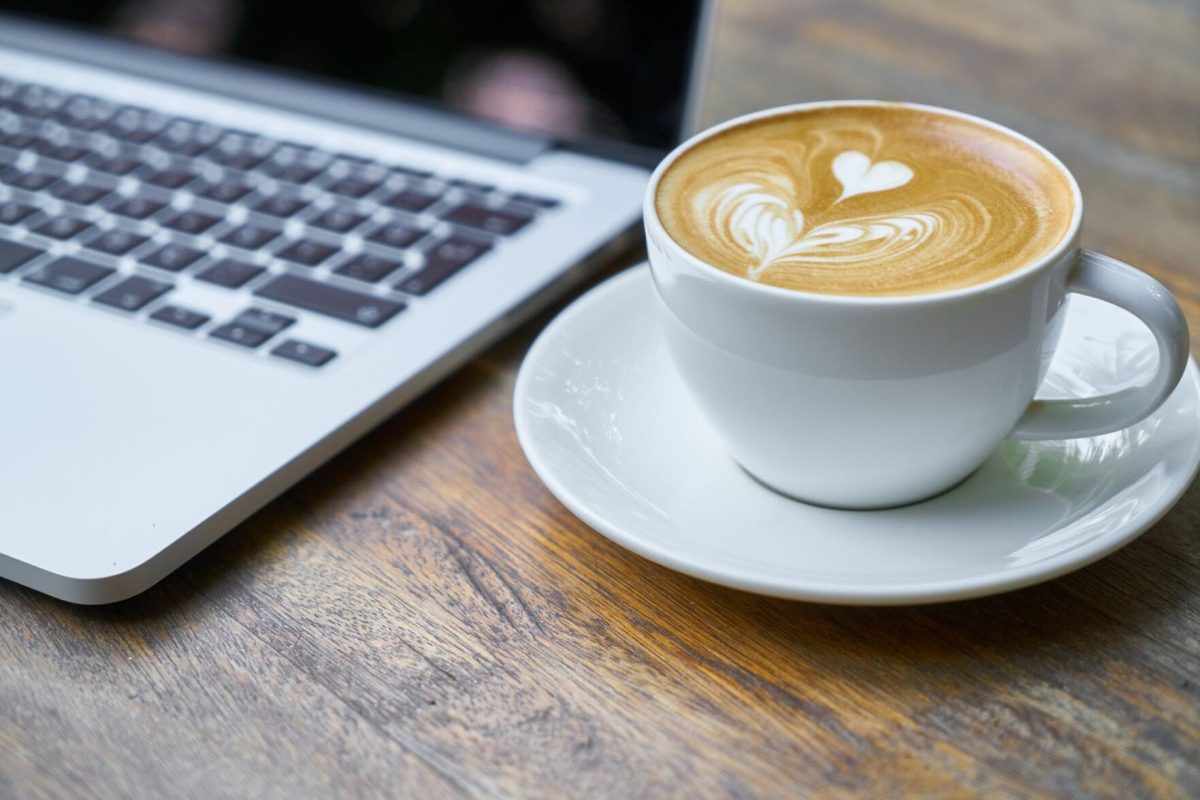My mornings begin with a cup of coffee. Some days begin with the Starbucks on campus (Thank you, Paw Points!). I grab a coffee and head back to my dorm room to start the day. Other days, I roll out of bed and brew some coffee in my Keurig in the comfort of my room. When I want an adventure and my budget allows it, I’ll get coffee from Dunkin’ or Mojo’s. Once a week, I’ll take a friend to a nearby coffee shop like All In or Jitters. It certainly doesn’t help my wallet, but somehow I have gotten used to, or even dependent, on coffee almost every day. Many of my peers live the same lifestyle. Before COVID-19 shut everything down, almost everyone studying in the library had coffee, tea or energy drinks on their table. So, why are college students so reliant on caffeine?
There are plenty of health benefits of coffee. Most obviously, coffee can improve energy levels and help you focus. Coffee blocks an inhibitory neurotransmitter in your brain, causing a stimulant effect. Many controlled studies in humans show that coffee improves various aspects of brain function, including memory, mood, vigilance, energy levels, reaction times and general mental function. It also appears to lower your risk of developing depression. Coffee is full of antioxidants and substances that can help guard against conditions more common in women, including Alzheimer’s Disease and heart diseases. Study after study indicates you could be getting more from your favorite morning beverage than you thought.
Caffeinated beverages like coffee, tea and energy drinks are easy to purchase and are constantly consumed by young people. We seek caffeine to feel more awake, enjoy the taste, socialize, increase our physical energy, improve our mood and alleviate stress. Honestly, coffee does all of this and is backed by science. It wakes us up and keeps us awake.. It helps us concentrate. It is undeniably addicting. Most times coffee or caffeine is a college student’s most reliable friend. The busier the student, the more dependent on caffeine they probably are. Caffeine does have its negative side effects, like insomnia, anxiety, digestive issues and expensiveness, and those who abstain from it are justified. However, as long as you are not having more than 4 cups a day, you are probably okay.
Whether you sip on black coffee or sugared-up frappuccinos, take cold showers in the morning to rejuvenate yourself, take a quick power nap or pull an all-nighter, , everyone relies on some tool to help us turn those assignments in on time, pass those tests and keep motivated throughout the day. For the average college student, coffee helps us do that. College and caffeine do go hand in hand.









